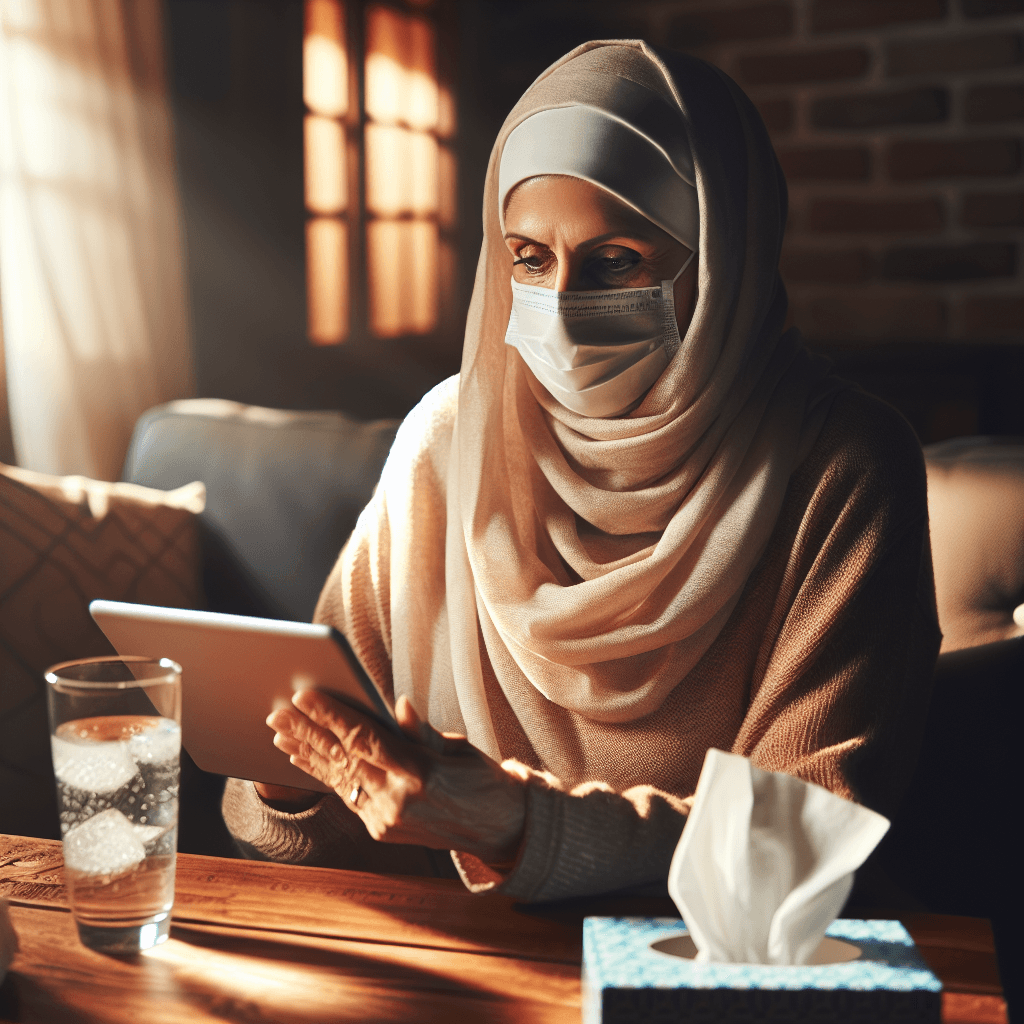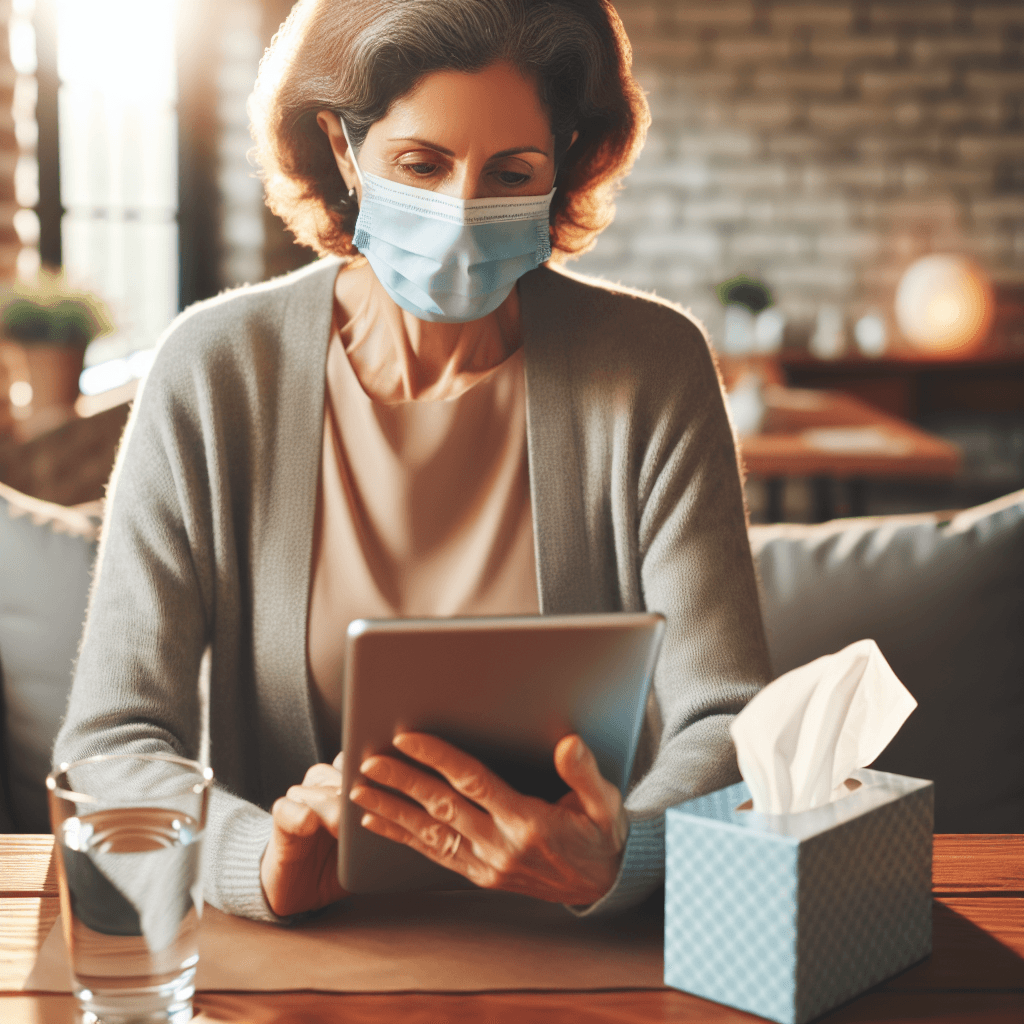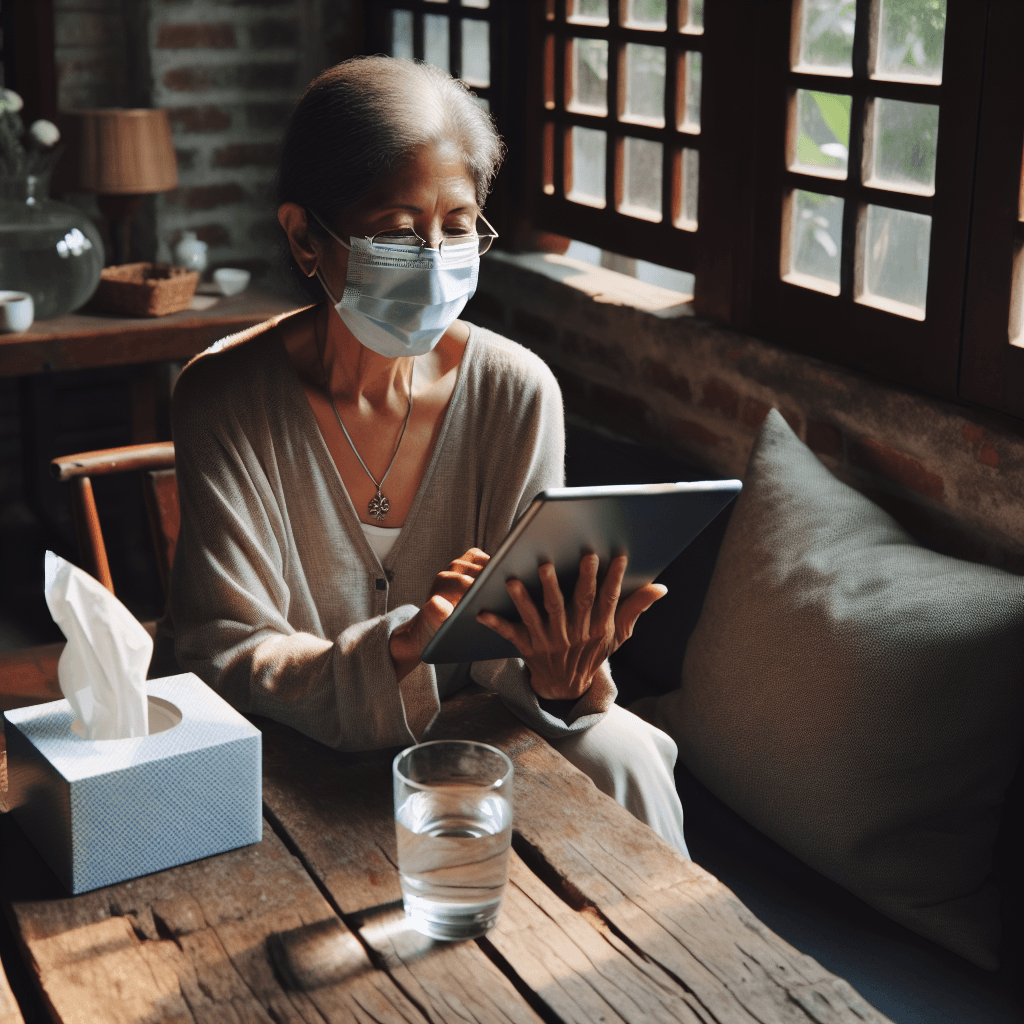
Understanding the Most Common COVID-19 Symptoms in 2024: Insights from an Infectious Disease Specialist
Category: healthPublished: 10/12/2025Views: 97Likes: 79
Feeling Under the Weather? Could It Be COVID-19 in 2024?
Have you recently been traveling or simply feeling more tired than usual? You might be wondering whether it's just fatigue catching up with you or if it could be COVID-19 making a comeback in your life. Given that the pandemic has shifted into a different phase, it’s normal to ask, are the signs of COVID-19 in 2024 the same as before, or have they changed?
If you've been out and about or just started to feel off, you might find yourself asking what symptoms you should be watching for nowadays. It’s been a while since the coronavirus has been front and center in our daily thoughts, but that doesn’t mean it’s gone. In fact, staying informed about the symptoms now is a smart move to help you and those around you stay safe.

Current COVID-19 Variants and What You Should Watch For
Right now, the dominant version of COVID-19 circulating in the United States is the XEC variant, which accounts for nearly half of new cases according to recent CDC information. This variant is a strain of the Omicron lineage but comes with unique changes in the spike protein — the part of the virus that allows it to latch onto and infect your cells. Because of these changes, experts believe XEC could spread even more easily than some of the earlier variants.
Despite these differences on a microscopic level, the symptoms you experience with XEC aren’t significantly different from what people have encountered in previous waves of the virus. The common symptoms still include fever, chills, coughing, and shortness of breath, along with sore throat, nasal stuffiness or runny nose, unusual fatigue, muscle soreness, headaches, and sometimes nausea or diarrhea. The loss of taste or smell, which became a hallmark symptom earlier in the pandemic, sometimes still pops up but isn't as prevalent as before.
It’s important not to overlook these symptoms simply because they’ve been around for a while. COVID-19, even with new variants like XEC, can still lead to serious health issues, especially for people with underlying medical conditions. So if you start to feel off, it’s worth paying attention and considering a test.

COVID-19 Vaccinations: Staying Protected Against Emerging Variants
You might be wondering whether the latest COVID-19 vaccines still protect you against emerging strains like the XEC variant. The good news is that the most recent booster shots are designed to offer good defense against this variant. Vaccine manufacturers have updated their formulas to better match the current virus strains, so your immunity will be stronger if you’ve stayed up to date.
However, keep in mind that vaccine protection can diminish over time, which is why it’s important to get booster doses when eligible. If you haven’t gotten your latest COVID-19 shot, now would be an excellent opportunity to do so. Not only does it boost your chances of avoiding a severe infection, but it also helps reduce the chances of spreading the virus to people you care about.
Vaccines continue to be a vital part of the strategy to keep the virus at bay and minimize the risks of serious illness. Alongside vaccines, practicing good hygiene and staying mindful of symptoms can create a strong defense during this continuing chapter of the pandemic.
Stay Updated with Women's Spot Insights
Get the latest women's health tips, wellness advice, and expert insights delivered directly to your inbox.
We respect your privacy. Unsubscribe at any time.

Practical Tips to Keep You Safe and Healthy This Season
One of the simplest ways to protect yourself and others is to make sure your COVID-19 vaccinations are current. Staying up to date with the recommended shots is your best bet against new variants and can significantly lower your chances of becoming seriously ill.
If you’re in a group that’s at higher risk of severe infection—like older adults or those with certain health conditions—consider wearing a mask in crowded indoor spaces or areas with poor ventilation. It’s a small inconvenience that can make a big difference in your health.
Also, should you start experiencing symptoms of a respiratory illness—whether it’s COVID-19 or another virus—the most considerate step is to stay home and avoid contact with others until you’re feeling better. This helps prevent spreading infections and supports the health of your community.
Remember, taking care of yourself during these times isn’t just about your personal well-being but also about protecting your loved ones and those around you. Simple actions like testing when sick, vaccination, and practicing good hygiene habits bring us all closer to a safer, healthier environment.
Comments
No comments yet. Be the first to share your thoughts!